Modern Mystics: Zilpha Elaw course
We often think that mysticism is a thing of the past, that the great mystics like Francis of Assisi, Julian of Norwich or Teresa of Avila are resigned to times long gone, and that mysticism died in the Reformations, the Enlightenment, or the Quietist Controversy.
However, there are important mystical elements of all major world religions today including Christianity, and many 19th-, 20th-, and 21st-century figures exemplify mysticism.
This series looks at three figures who have been described as modern or postmodern mystics and who are known to greater and lesser extents: Zilpha Elaw, Etty Hillesum (26 Sept) and Teilhard de Chardin (2 Oct) .
This first session of our Autumn 2024 series on Modern Mystics will focus on the 19th-century Black female preacher Zilpha Elaw. Orphaned as a teenager and living in rural Pennsylvania, Elaw had a number of religious experiences as well as a deep prayer life and went on to a life of socially-engaged action.
Living during a time where some of her fellow people of colour in Pennsylvania were enslaved, Elaw speaks from a particularly marginalised place in society. Her story is one that we have not yet typically heard in the story of Christian mysticism and its development, but hers is a voice which can inform the way we think about mysticism, social justice and those marginalised by society.
The webinar will begin with a lecture by Professor Andrew Prevot before we have time to discuss a pre-circulated section of text by Elaw, followed by a general Q & A with Prevot about Elaw and modern mysticism.
About the course leader
Andrew Prevot is Professor and the Amaturo Chair in Catholic Studies at Georgetown University having previously been Associate Professor at Boston College. Prevot works on a range of topics in Christian theology and spirituality. As well as many articles and chapters, he is the author of Thinking Prayer: Theology and Spirituality amid the Crises of Modernity (2015) and Theology and Race: Black and Womanist Traditions in the United States (2018).
He has a substantial project on the ways in which mysticism can be used in theologies today, culminating in his book The Mysticism of Ordinary Life: Theology, Philosophy, and Feminism (2023). Another current project studies the lives and theologies of six Black American Christians currently under consideration for canonisation.

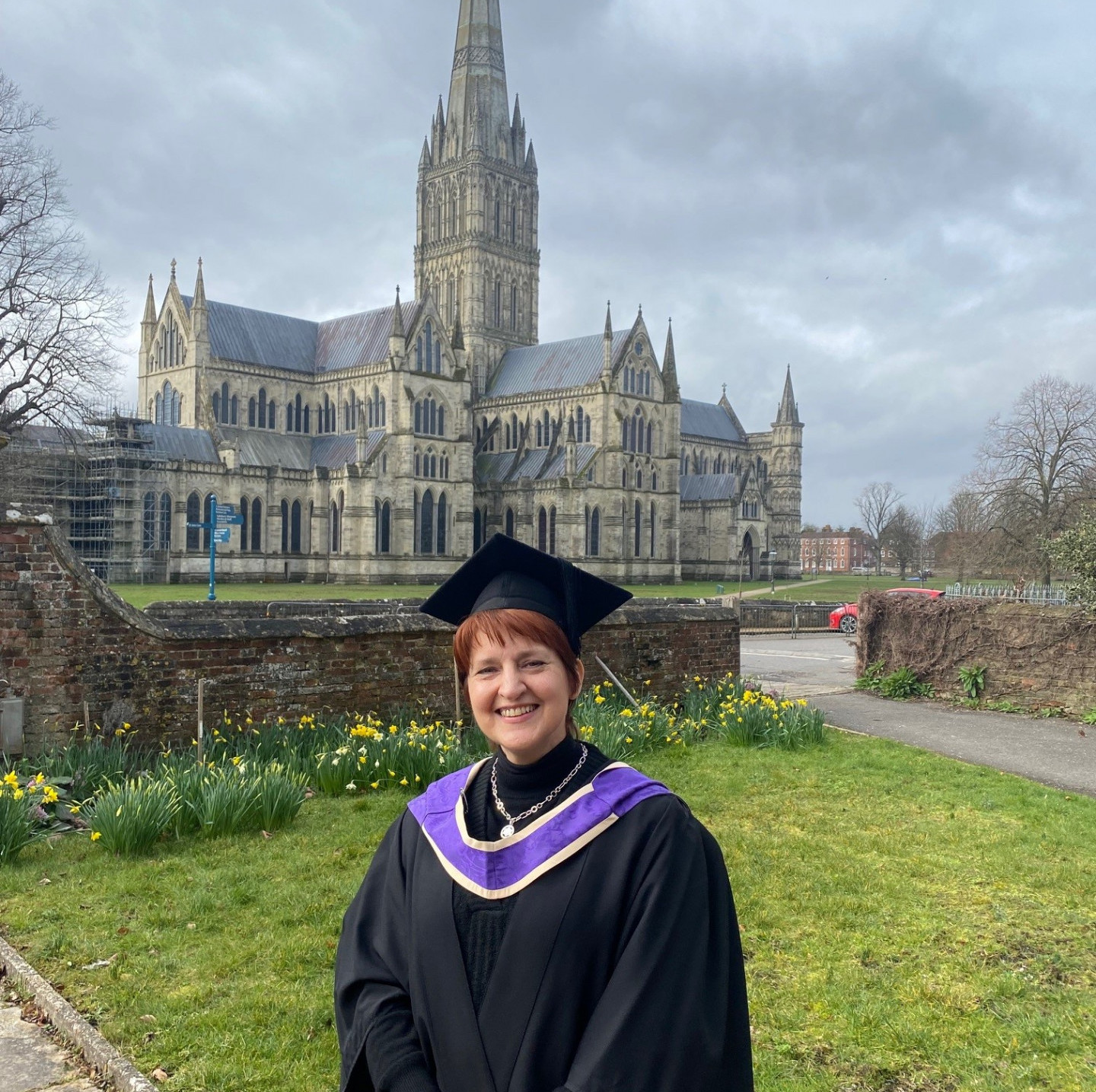
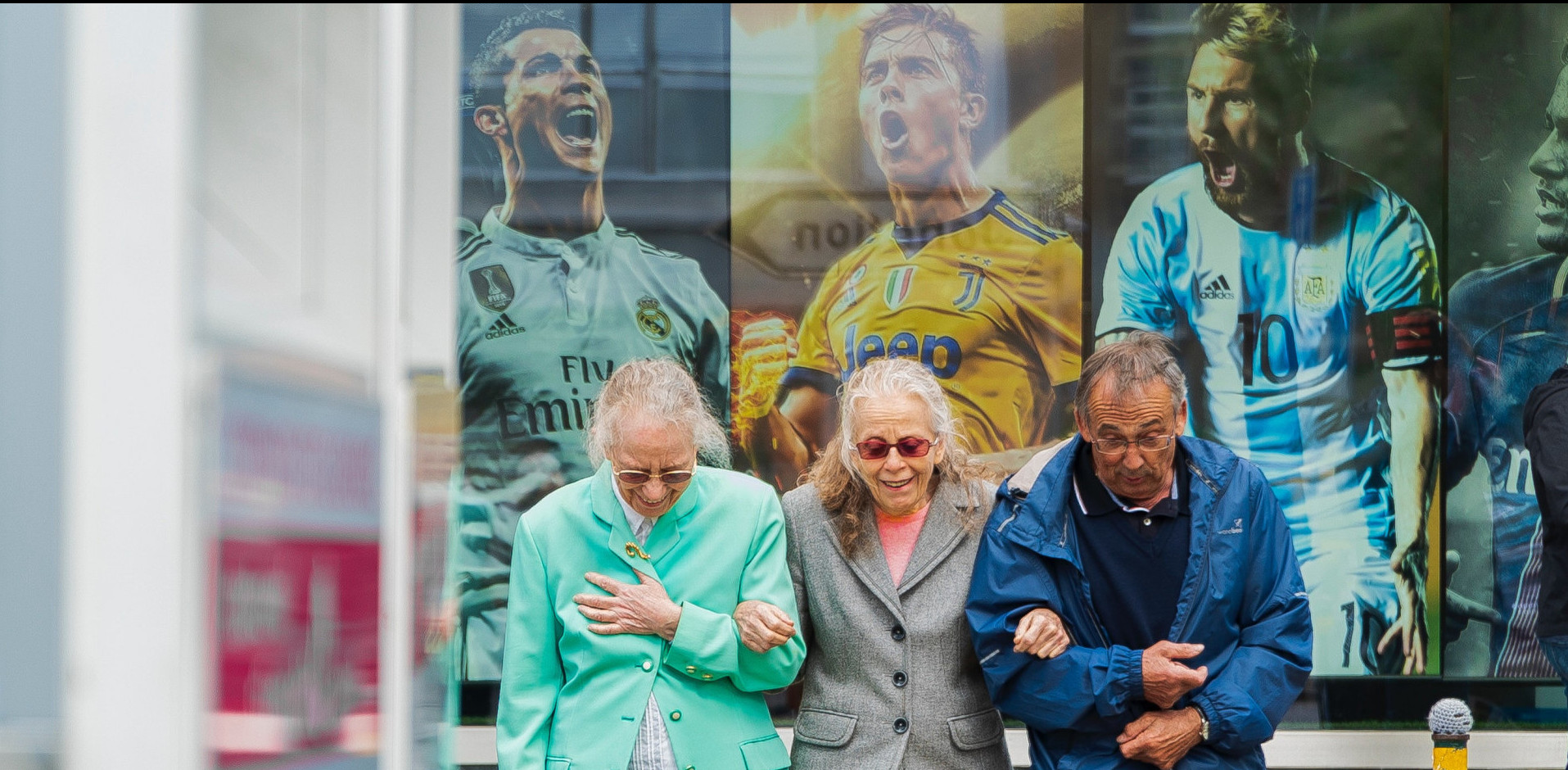
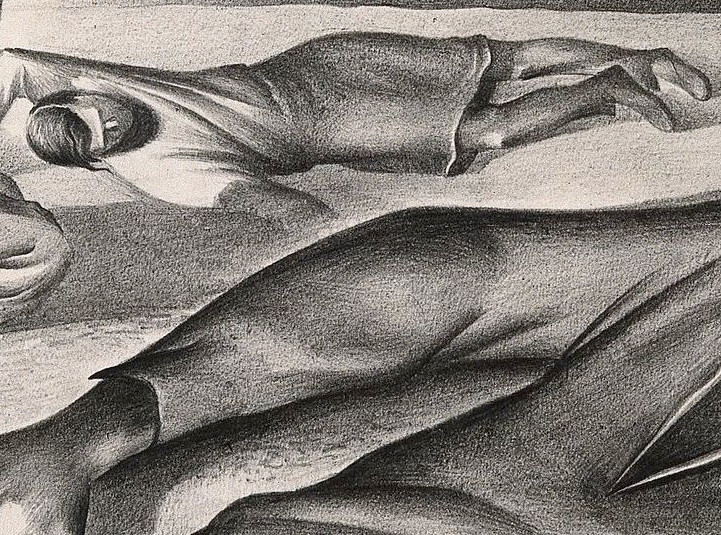
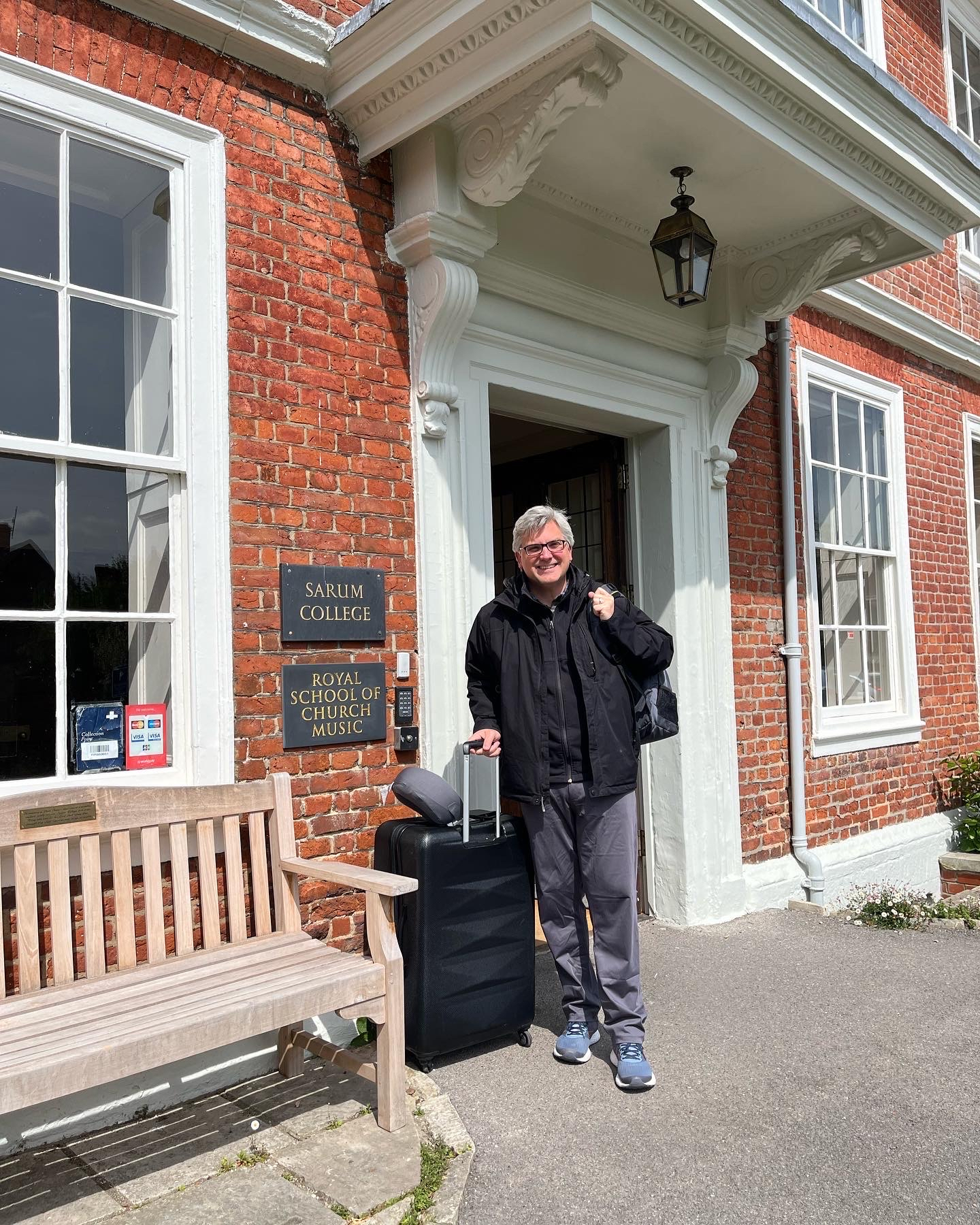
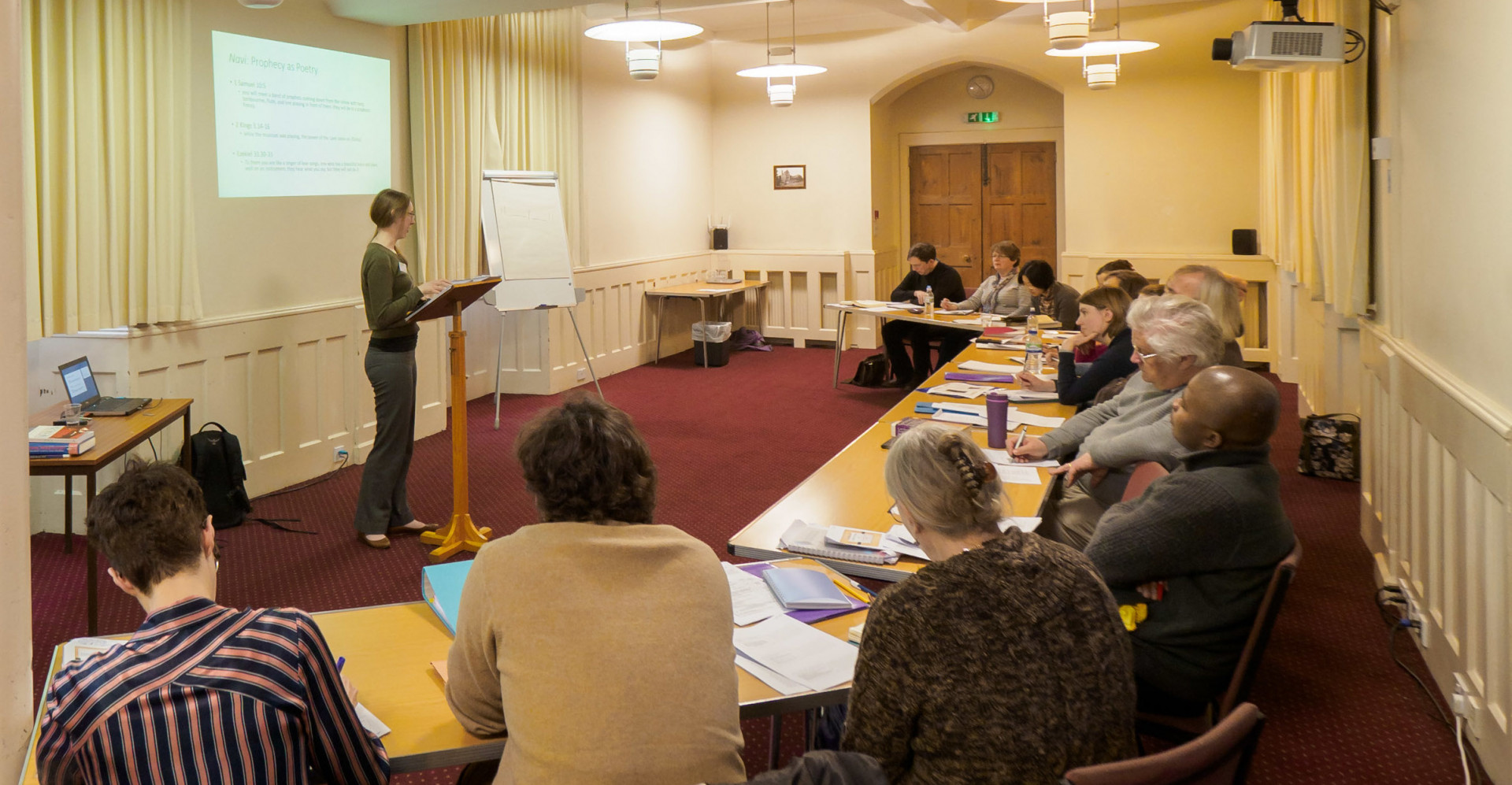
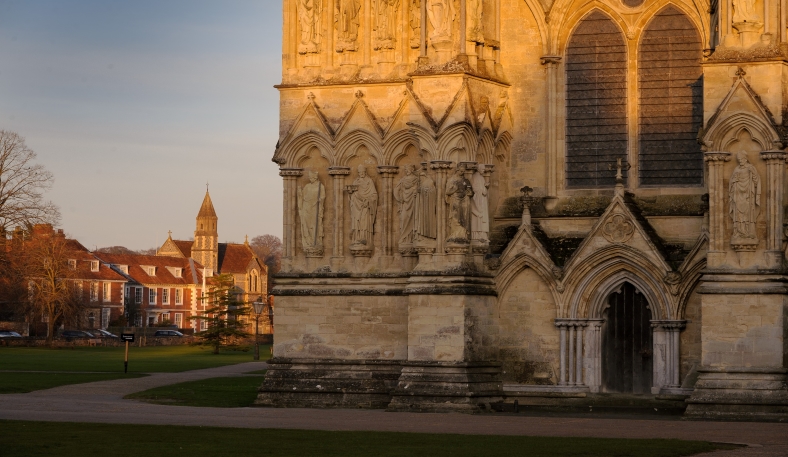


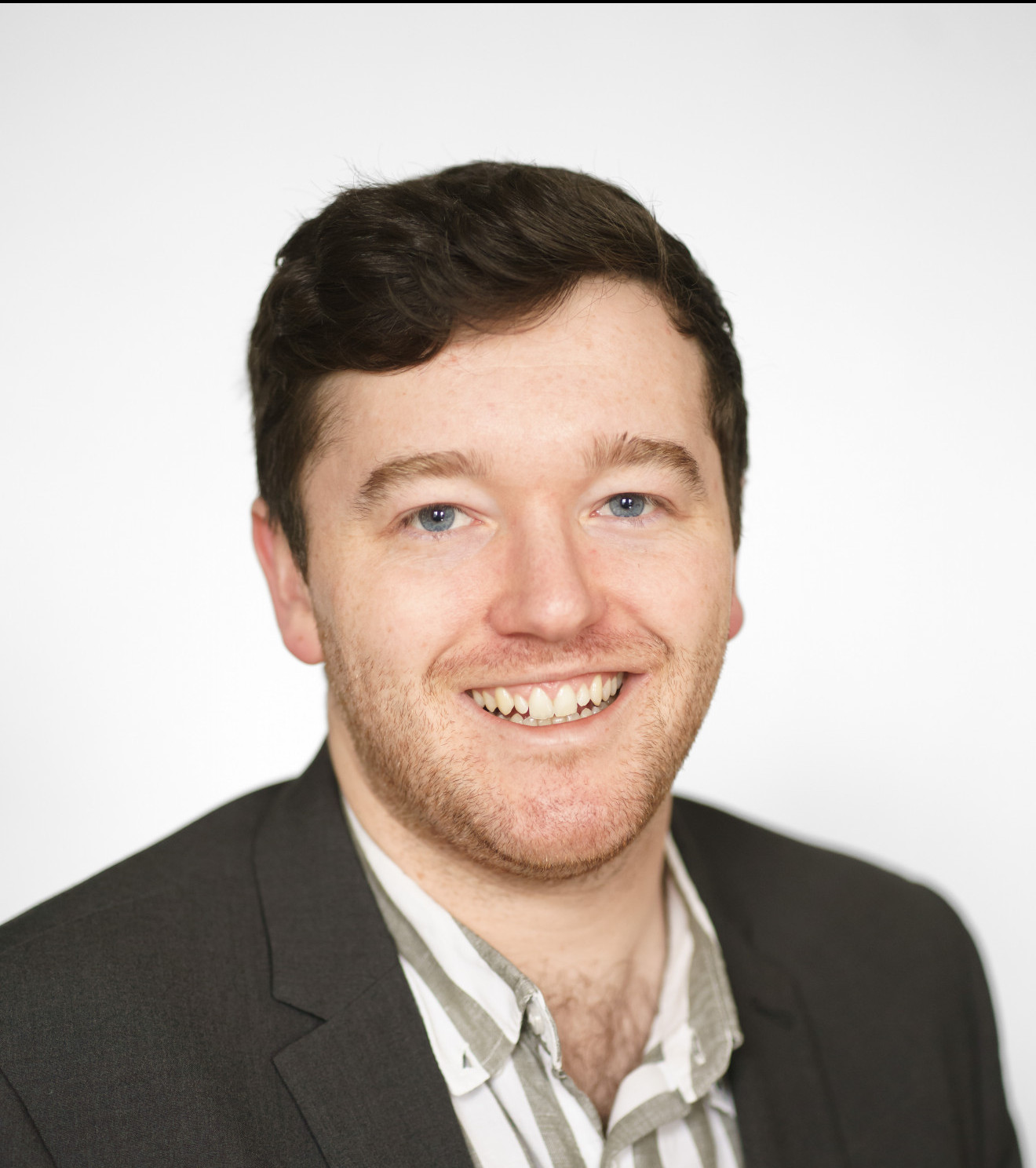
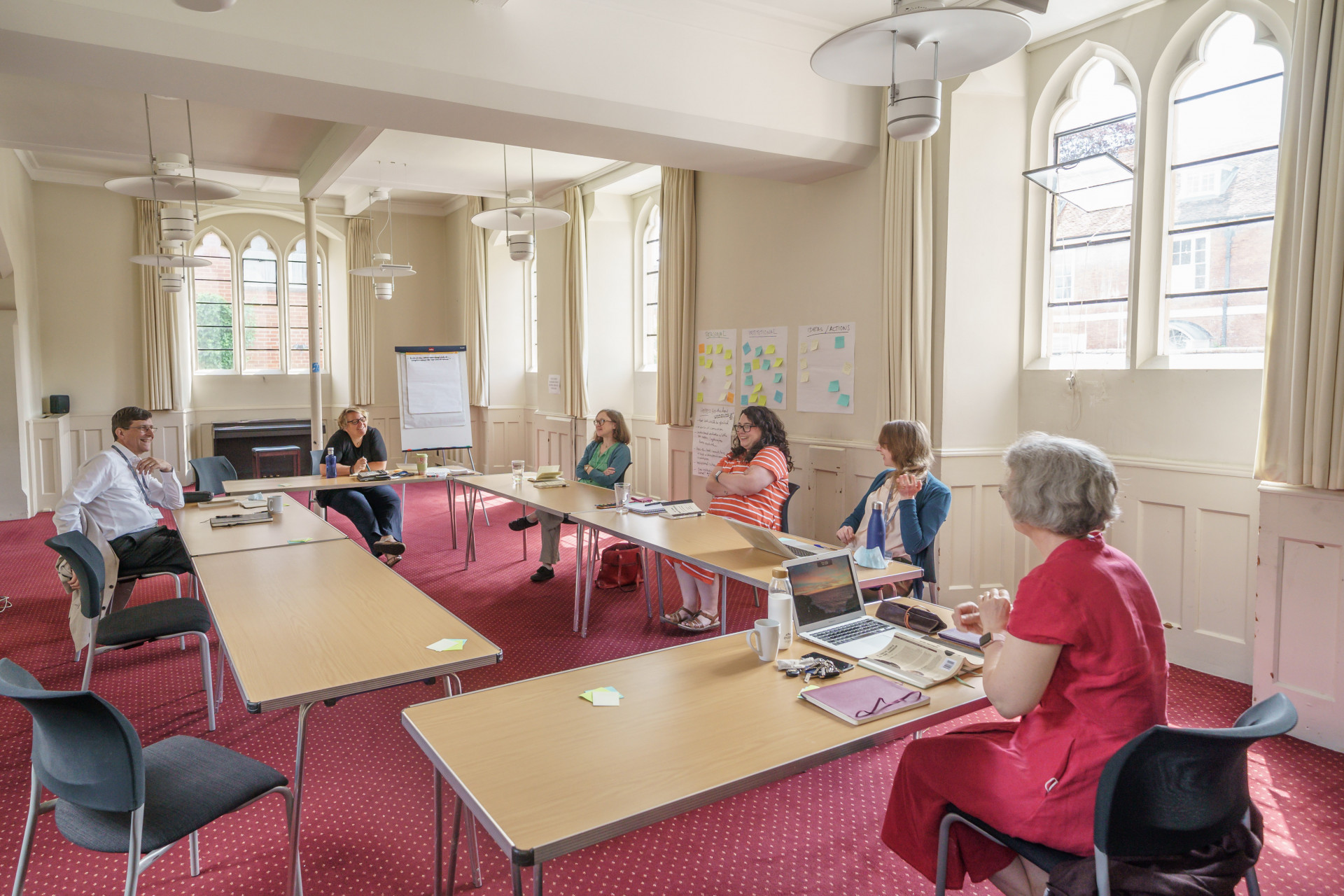

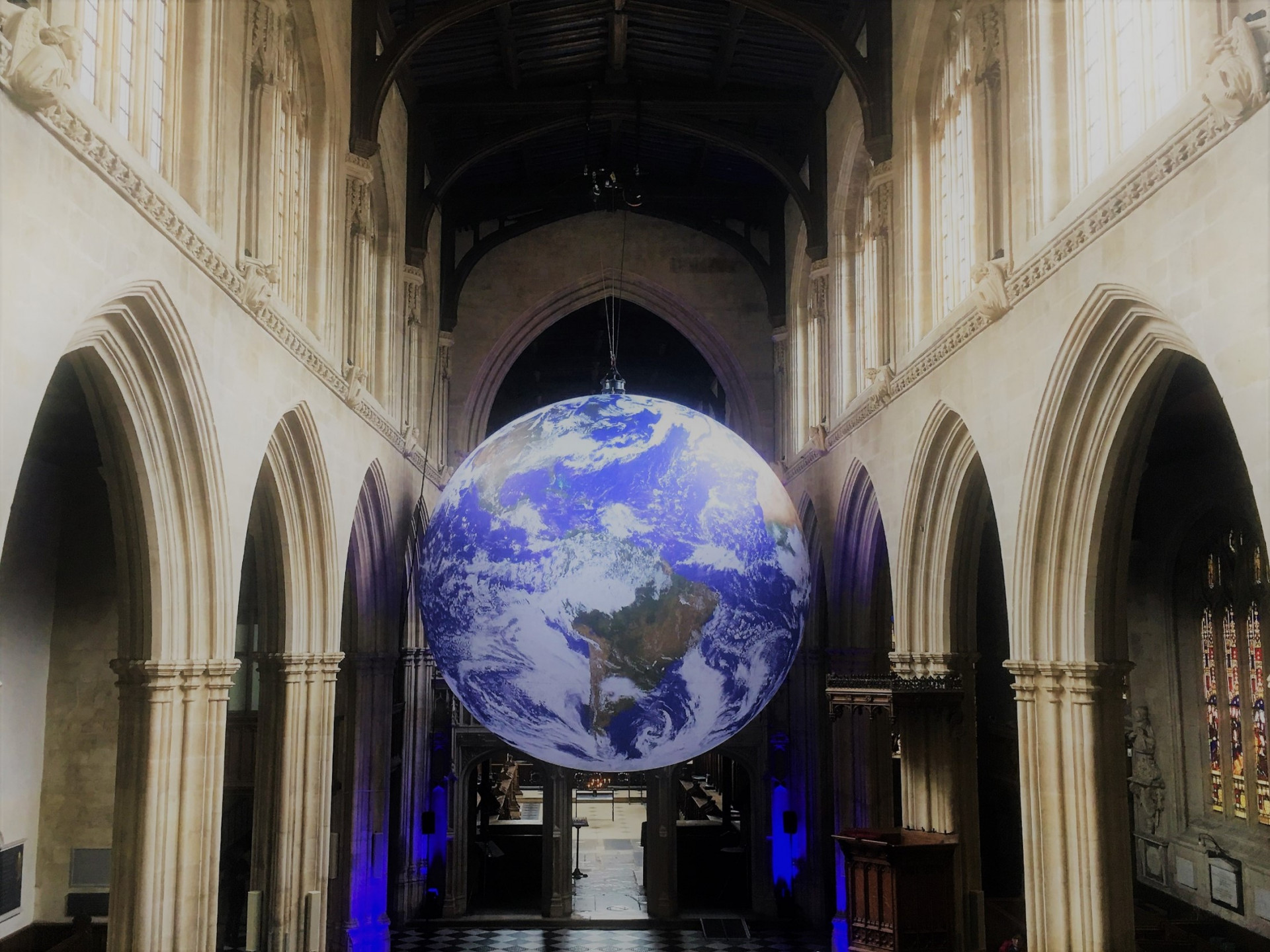
Leave a Reply